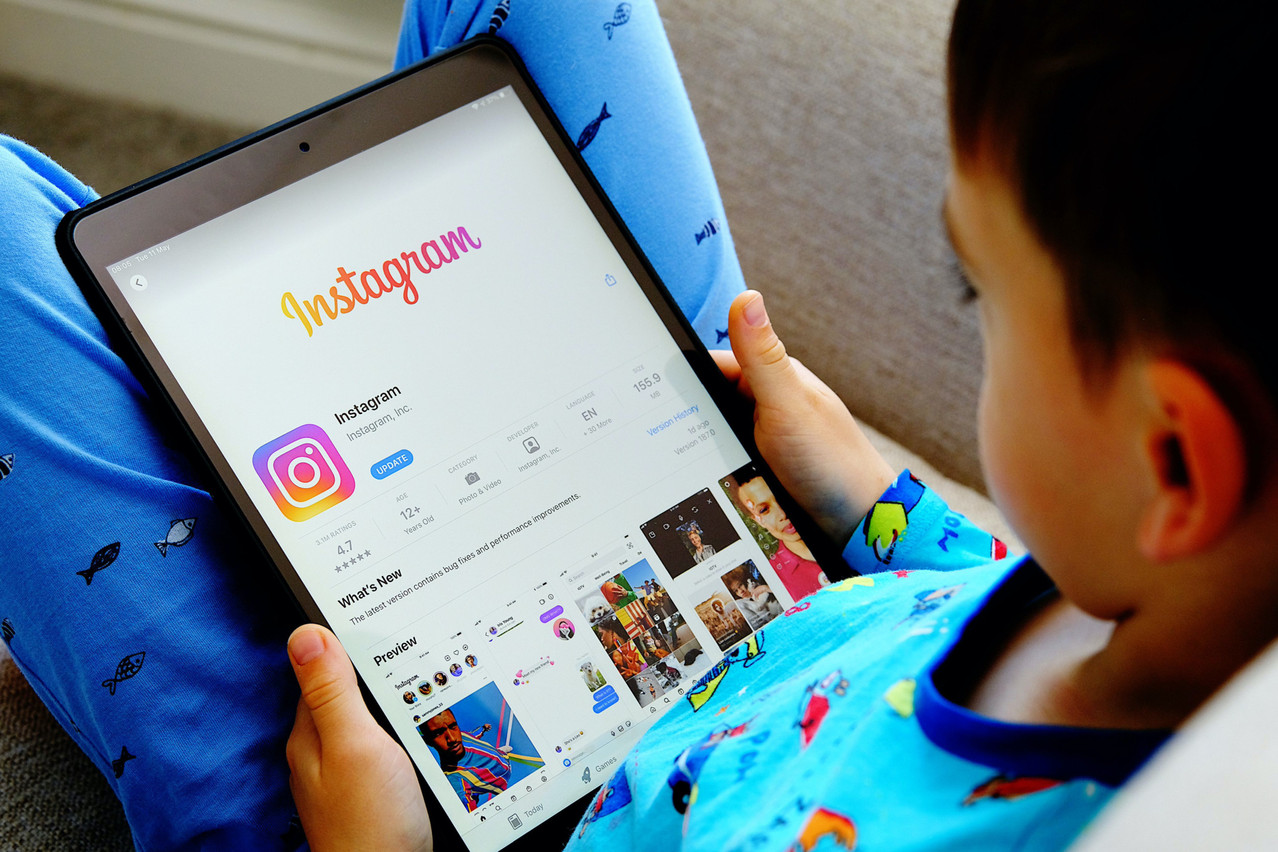Meta's investments in moderation or education do not seem to be helping, if the reports that come out on a regular basis are to be believed. And even warnings from the FBI and the authorities do not discourage minors... nor the deviants stalking them who are almost as numerous as on Pornhub.
On Monday, Ireland's CNPD confirmed it had fined Meta €405 million after an investigation that began in early 2020. A data scientist, David Stier, had alerted Mark Zuckerberg's company to the gaps in the protection of minors, who were registered on the social network and switched to a professional account, which required them to give their first name, last name, address and sometimes phone number.
Meta will appeal
Stier had a long exchange with Meta's security engineers before notifying the data regulator in Ireland, where the Meta/Facebook group has its European headquarters.
He did not seem to be able to convince them to work harder to protect minors-- even against themselves--according to the exchanges he published.

YouTube and Instagram are the two applications most used by young people, according to Morning Consult's annual influencer report. (Screenshot: Influencer 2022 Morning Report)
Meta will appeal, believing the regulator has not taken enough account of all that the group has done to protect minors, who can sign up to apps from the age of 13. Already pushed by many critics, Instagram had announced in March 2021 that it wanted to launch Instagram Kids, to get around its difficulty in protecting them, but the project was frozen six months later in the face of tens of thousands of angry parents, US senators and 44 prosecutors.
The social network is not alone in facing this problem: a year ago, the Autoriteit Persoonsgegevens, the equivalent of the CNPD in the Netherlands, fined TikTok €750,000 for violating the privacy of children using its social network. In the wake of this, the CNIL in France and the European Union launched an investigation into the practices of the Chinese giant, owned by ByteDance.
Instagram's two records
An American NGO, Thorn, showed in a major survey in 2021 that 75% of under-18s have already been on Instagram (85% of 13-17 year olds and 65% of 8-12 year olds), with half of them even spending time on it daily. This makes it the second most used application behind YouTube and ahead of TikTok and Snapchat.
One in four admitted to having had a painful experience on the 'social' network and one in six to having had a sexual experience, a twice as many as any of the applications surveyed, ahead of SnapChat, YouTube and TikTok. Among the most surprising results of this study, more than one boy aged 9 to 12 was registered... on a dating app. What does this have to do with Instagram? As with Facebook, it allows you to create an account on most dating apps without even having to prove your age.
In two out of three cases (in general) and one out of two cases (for sexual solicitations), the child considered that it was not that serious. This is twice as many as fear that reporting will not be anonymous or the fear of getting into trouble with their parents over sexual matters. In two out of three cases, they simply blocked the person. One in four 'silenced' the person and the rest ignored them,
The younger the girls involved, the more they left the application in question. Especially if the person they were talking to had shared a nude photo or video of another child (40%) or of themselves (39%).
In Luxembourg, according to parents surveyed in a specific report by Bee Secure, Instagram is only the most used application from the age of 17 onwards. This figure is contradicted by surveys conducted among 20,000 young people during the 2020-2021 school year, placing TikTok, Snapchat and YouTube on the podium. Bee Secure is very active on these issues and publishes an information booklet for victims of cyberbullying and educational material for teachers.
Survey on dating apps and minors
In another report, published in May, McAfee seems to outline a "geography of sexual harassment" of minors, which reaches 30% in India and 20% in the United States, compared to a world average of 15%. The American cybersecurity specialist points to two other realities: two thirds of minors are harassed by someone they know and four out of five have themselves harassed someone else they know.
Even when parents try to discuss social media use with their children, the report explains that the message does not get through as parents are not well enough informed about how to talk about it and how to provide solutions for the child.
Since the beginning of January 2020, the US House of Representatives Subcommittee on Economic and Consumer Policy has launched an investigation to try to measure the extent of the phenomenon. The investigation started after the publication of a Fatherly article, in which Tinder was accused of not having done enough to close the accounts of 1.5 million minors.
